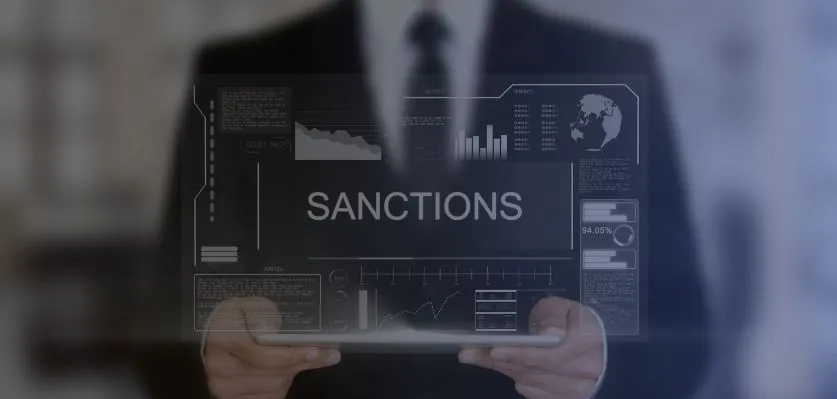The U.S. Treasury’s Office of Foreign Assets Control (OFAC) launched a sweeping expansion of sanctions in 2025, directly targeting global financial networks that fund terrorism, cybercrime, and geopolitical threats. The agency added over 300 individuals, entities, and digital assets across Asia, Europe, the Middle East, and Latin America. OFAC aims to disrupt money laundering pipelines, dismantle crypto-financing chains, and expose offshore actors facilitating illegal trade. This unprecedented crackdown increases pressure on global banks, fintech startups, and supply chain operators to tighten compliance in real time.
The Treasury Department named shell firms in Dubai, crypto wallets linked to ransomware operations, and state-aligned banking facilitators in Iran and Russia. U.S. officials also sanctioned shipping companies and fintech apps accused of bypassing existing trade restrictions. “Illicit finance keeps evolving, so we’re evolving our enforcement strategy,” said Brian Nelson, Under Secretary for Terrorism and Financial Intelligence. OFAC is now wielding economic pressure not only as a response but as a strategic foreign policy tool, especially against decentralized and anonymous digital finance systems.
OFAC identified companies and institutions in Turkey, Singapore, Venezuela, and China for their involvement in suspicious financial transactions. European regulators have begun reviewing their own exposure, while several Asian compliance units are revising their transaction monitoring systems. The U.S. and EU will release a coordinated enforcement advisory later this month. Analysts warn that financial institutions ignoring these sanctions risk steep fines and long-term reputational damage. In response, multinational firms are strengthening due diligence protocols and sanction-screening technologies to avoid regulatory fallout.
Global Crypto Platforms Under Increased U.S. Pressure
OFAC intensified pressure on blockchain-based finance, singling out digital exchanges that facilitate cross-border evasion. The new sanctions list includes peer-to-peer crypto platforms operating in North Korea, Eastern Europe, and the Gulf. Several privacy coins and stablecoins moved over $1 billion through wallets tied to blacklisted groups, prompting OFAC to issue additional warnings. U.S. officials urged domestic fintechs to adopt blockchain surveillance tools and increase KYC enforcement or face prosecution. This crackdown asserts America’s intent to lead global digital finance regulation through aggressive policy and enforcement.
The 2025 OFAC sanctions expansion signals a new era of economic enforcement. Governments no longer view compliance as an internal obligation but as a global security priority. For international readers, this development shows how sanctions now shape cybercrime deterrence, global capital flow, and financial transparency. Businesses and banks must rethink their compliance models, while policy-makers must adapt regulation to address anonymous financial ecosystems. Searches for “OFAC 2025 crypto sanctions” and “how U.S. sanctions affect global banks” are rising sharply. This global move against illicit finance is not just about punishment. It’s rewriting financial norms in a hyperconnected economy.



